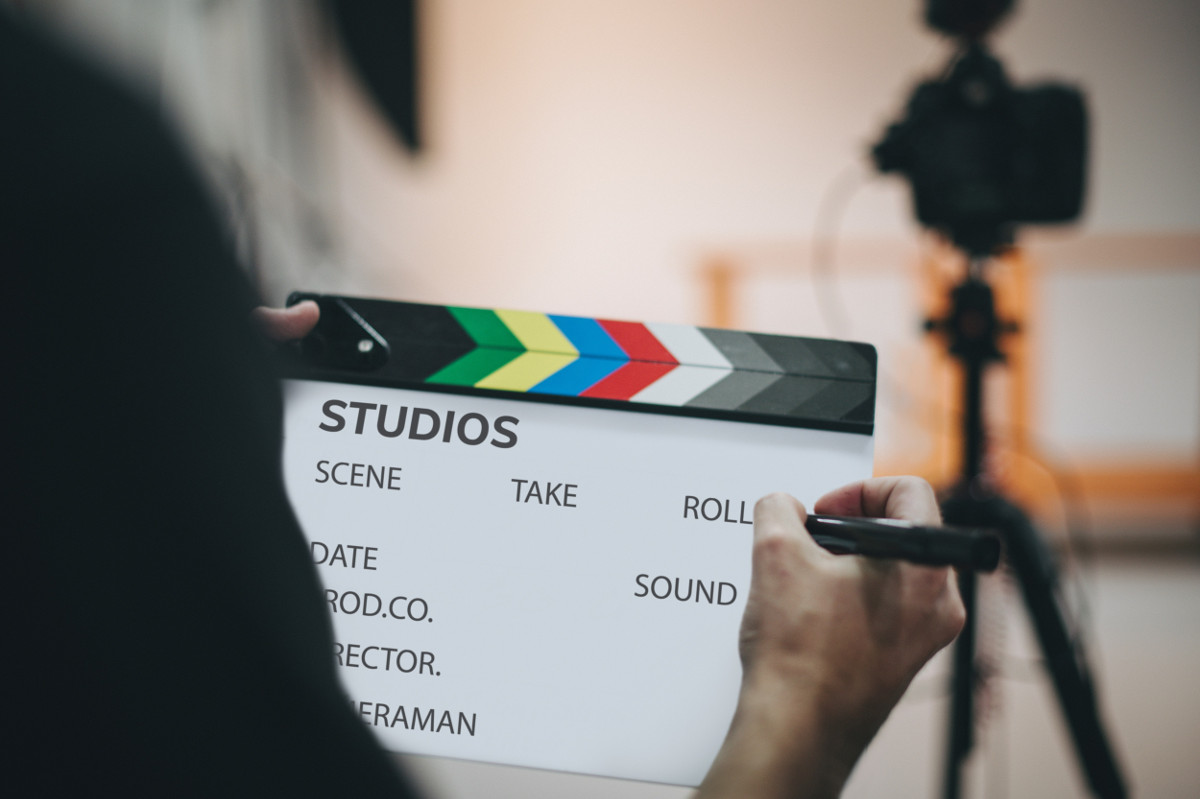Day 1: Introduction to New Media Concepts and Strategies
Day 2: Changes in Storytelling Models and Modes of Distribution
Detailed Content
Day 1: Introduction to New Media Concepts and Strategies
- New Media and the convergence of TV Home Video and New Media:
- TV was to be the end of feature films but that was not the case. Just because TV is free does not mean it serves all purposes. People have been starved for easy entertainment.
- Cable TV was not believed capable of competing with the Major Networks. Who is willing to pay for entertainment and why do people pay even more for premium channels, HBO Showtime, Fox sports, etc.?
- Home Video & DVDs, why would people pay for shows that were free at one time? Ease of watching what you want and when you want.
- Why cut the cord from your cable or satellite service? Why watch a movie on your phone?
- How and why did our viewing habits evolve and what is the next move in viewing. Why do movies only stay in theaters for weeks (if that long) v. months?
- Post Production and Distribution in New Media:
- The importance of post-production.
- Features v. Television v. Reality TV.
- Quick history of post and distribution up to present.
- How Post can save or kill a project.
- Distribution decides success or failure.
- The simplicity of modern-day distribution and the unknown difficulties.
- Monetisation of New Media:
- Beginning of (television sponsored shows), movies paid by each person (film detectives sat across the street).
- Add supported TV.
- Movies finding other ways to create revenue: television the second market, re running in lower end cinemas, video, DVD and now streaming markets.
- Co-financing and International partners.
- Tax credits financing small and large projects.
- Risk Management Strategies for New Media:
- Cutting cost of production.
- Shooting on location v. shooting in LA.
- Tax credits.
- Hiring a mega star, whether they are a pain in the a@# or not.
- Hiring a mega director whether they are right for the project or not.
- How to get audiences to turn on your project? Is marketing the most important part of the puzzle?
- Smaller budgets v. larger.
- How to build a studio over-night?
- How studios today can be either brick and mortar or virtual.
- What makes a studio run efficiently?
- How do you sustain a studio?
- The importance of cash.
- Creative Process at the Studio and Networks. How to pitch a project?
- Coming up with a concept.
- Writing out your treatment, bible, script, etc.
- Selling someone else’s projects, non-writing producers.
- Know what your potential buyer has bought and the direction of their network.
- You can’t sell a yellow suit to a person who only wants a green suit.
- What does the executive do with the idea you have pitched him?
- If the studio buys your project what do you do now?
Day 2: Changes in Storytelling Models and Modes of Distribution
- Trans Media Storytelling (Marvel) and how it is changing the field of play:
- What happens when a major IP holder makes over all deals with networks or film distributors?
- How does this take work away from other players?
- Does this eventually dilute the IP?
- How does this process work?
- The process of a TV show from start to finish:
- Coming up with a concept.
- Writing out your treatment, script, bible, etc.
- Taking network notes.
- Selling your show.
- Producing your show.
- Adjusting your project as you produce, you will not like everything once you have seen it shot.
- Adjusting your project in post-production.
- Music can fix a lot of things.
- Legitimisation of New Media. Why is TV now cool for Movie Stars?
- What caused the change.
- HBO movies and programs, has the expense been worth it?
- Why are the streaming companies following the HBO model, to a certain extent?
- There is now a blurred line between movies and high-quality TV.
- Tracking and understanding research for programming:
- What kind of research has been used for the last 70 years?
- How did the Nielsen’s research work?
- What are the major changes today?
- How do the streaming companies use research today?
- New Media vs Traditional Media, what are the major difference and how is it changing viewing habits as well as the working industry itself?
- We are now an on demand viewing society.
- Binge watching v. once a week, the change in viewing mind set.
- I can now watch any show any where I would like to.
- The different viewing platforms, not just traditional TV sets.
- Going Global as a network:
- The change in distribution models.
- Will the traditional studios be able to stay alive.
- How does a New Media go global without distribution lines in place?
- Presentation of Certificates by John Lynch
- Social Programme: networking drinks

